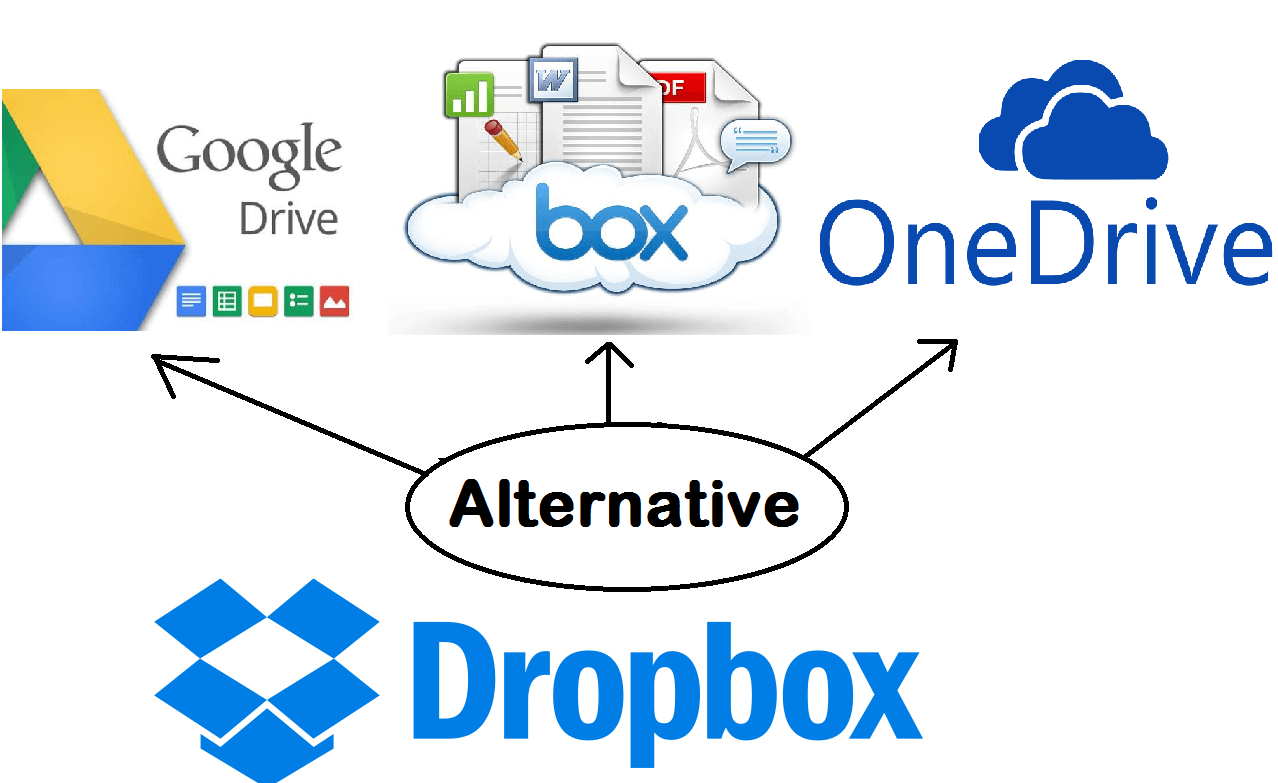

All you have to do is create a Google account to receive 15 GB of storage space free of charge, although this 15 GB storage limit does include all files that are stored on the Google servers, including emails on Gmail, images on Google Photos, and more). Google Drive is one of the world’s most used cloud storage services. Dropbox is yet to provide a function like this Some other cloud storage providers (including Microsoft OneDrive with Microsoft Office Online) have solved this problem by enabling users to edit documents directly in the browser. But in some cases, users may not have the right program installed on their device to allow them to edit. No in-browser editing feature: documents like text files or presentations have to be opened with a suitable program already installed on the corresponding computer or mobile device.While you can earn more free cloud space by inviting your friends to join and other similar actions, other cloud file hosting service offer a lot more free storage space as standard. Limited free storage space: the free version of Dropbox only offers users 2 GB of storage space.Problems continue to occur with data protection: Dropbox is continuously criticized for the security of its stored files and user data – partly because of its cooperation with the NSA, and partly because hackers have managed to steal email addresses and passwords of users.The transmission of files is also coded with a TLS/SSL. Powerful encryption technology: the files are protection with an AES 256-bit encryption (the strongest of all AES encryptions) before being saved.There’s also an extensive list of Dropbox tools available. Broad range of functions and extensions: the popularity of the program has led to the development of a wide range of functions, including the creation of work groups, the option to drop office documents directly into Dropbox, and the sharing of files with users who don’t have a Dropbox account themselves.Whether it’s Windows, Linux, macOS, Android, or iOS, Dropbox is a solution for almost every device imaginable. Supports many operating systems: there’s barely another cloud storage facility available that offers such a wide range of apps for different operating systems.The clear folder structure and drag-and-drop function for moving files and folders make it easy for anyone to use. Tidy and intuitive user interface: using Dropbox is easy, plain and simple.We’ve summarized its pros and cons in the following overview below: Advantages But, despite all its advantages, Dropbox has weak points as well. There are also models designed for businesses, some of which offer unlimited storage space as part of a subscription package.ĭropbox is in many aspects the best file hosting provider on the market today. But for users who are certain they’ll require a lot more storage capacity, there’s various payment models on offer. In the free version, the user receives 2 GB of storage space, but this can be extended through certain activities, like recommending Dropbox to friends. So why are good Dropbox alternatives even necessary? This US-based online storage provider remains one of the most popular platforms available today, but for all its advantages, there are some downsides to this market leader.ĭropbox has various versions available for use. The EU–US Privacy Shield was declared invalid on 16 July 2020. But many critics of the new EU-US data protection agreement say that it doesn’t adequately protect the data of European users and still makes it too easy for US authorities to gain insight into personal data. Generally, it’s advisable never to upload personal customer data to a cloud storage facility, although the EU-US Privacy Shield, the follow-up to the Safe Harbor Agreement between the EU and the United States came into effect in the summer of 2016, meaning more protection for data sent from Europe but stored and shared in the USA. Most file hosting servers are located partly or entirely in the USA, where data protection laws are notably more relaxed than in most countries in the EU. The location of the computer on which these user files are stored determines the data protection regulations that are applicable for the files. The server location can also be important to know, particularly for businesses.

And particularly sensitive data simply shouldn’t be uploaded to the computer cloud in the first place. For this reason, experts advise users to encrypt all files that have been uploaded to a cloud storage service. The problem with using online storage services is it can be difficult to know exactly who has access to your files besides you. It wasn’t just hackers who were able to gain access to a variety of accounts on these different storage providers: the NSA also broke into many Dropbox user accounts.


Several cloud storage providers have received negative press in the past when it comes to data protection.


 0 kommentar(er)
0 kommentar(er)
